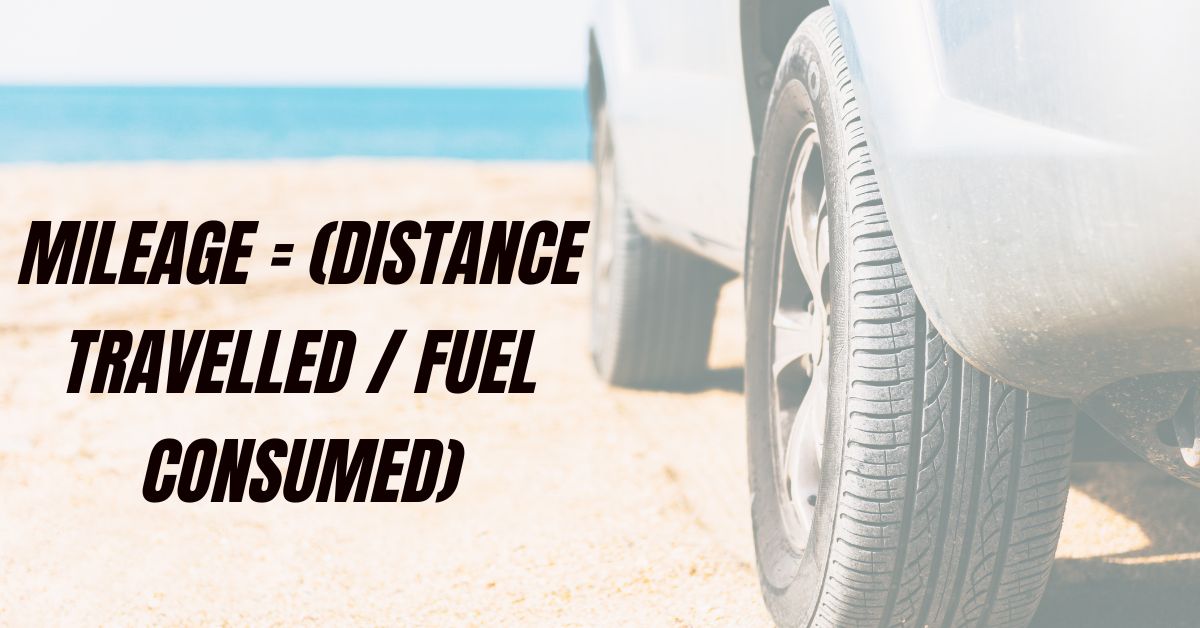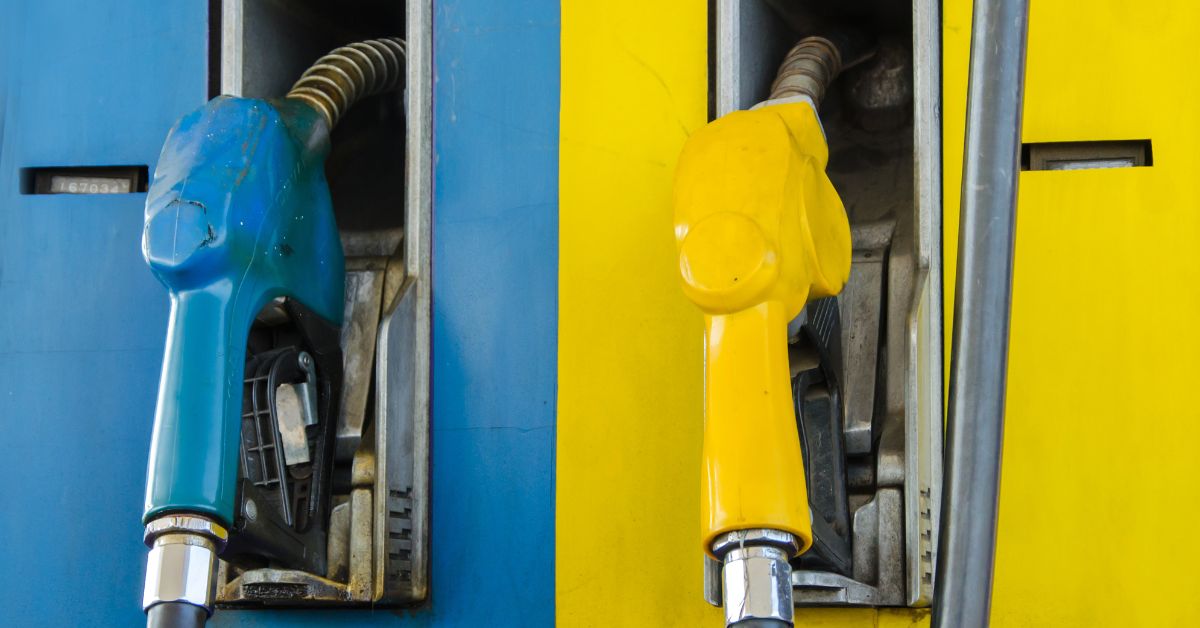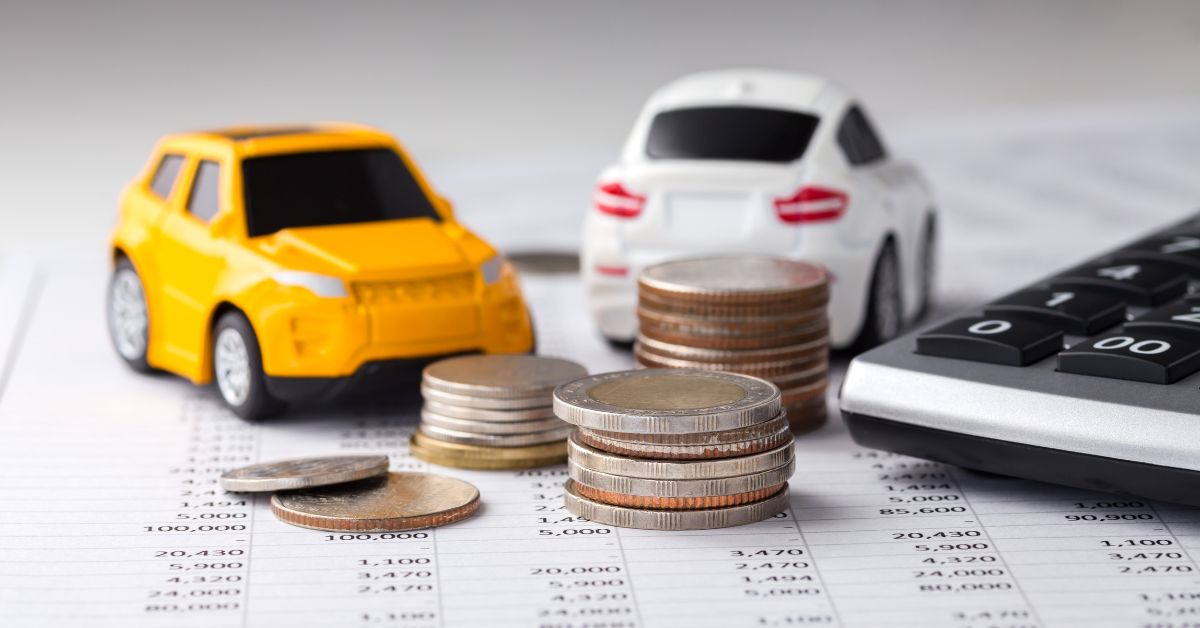Are you a car geek who loves to know everything about your ride? Do you want to learn how to calculate average of car’s fuel consumption?
The mileage of a car holds a profound significance, reflecting how we treat and care for our vehicles while respecting their power and majesty.
It serves as a measure of our experiences and adventures, capturing moments in time. Calculating mileage is crucial for car owners seeking to monitor performance and optimize fuel consumption.
Whether determining the distance achievable on a full tank or comparing fuel efficiency among different vehicles, calculating average mileage is key to understanding your car.
By using a car mileage calculator or car average calculator, you can maximize fuel economy. Welcome to the captivating realm of car mileage.
How To Calculate Average Of Car: A Step-by-Step Guide

Calculating the mileage of your car is essential for monitoring fuel consumption and maintaining optimal performance and efficiency.
By accurately determining your car’s mileage, you can track its fuel efficiency, identify potential issues affecting performance, and take corrective measures to improve overall efficiency. Here’s a step-by-step guide on how to calculate average of car in 6 easy steps:
#1. Fill up the fuel tank
To begin calculating your car’s mileage, start by completely filling up your car’s fuel tank. Ensure that you note the amount of fuel added in liters. It is crucial to fill the tank to its maximum capacity to obtain the most accurate reading.
#2. Record the odometer reading
After filling up the fuel tank, take note of the current reading on your car’s odometer. This reading represents the distance your car has traveled since the last fuel fill-up. Accurately recording this value is crucial for obtaining an accurate calculation of mileage.
#3. Drive Normally
It’s important to drive your car under normal conditions without altering your driving style or route. This ensures that the mileage calculation reflects your typical driving habits and provides a realistic and accurate result.
#4. Refuel Your Car
When your car’s fuel tank is nearly empty, refill it completely and take note of the amount of fuel added. Once again, make sure to fill the tank to its maximum capacity to obtain the most precise measurement.
#5. Calculate Mileage
To determine your car’s mileage, divide the distance traveled (recorded by the odometer) by the amount of fuel consumed (the difference in fuel levels between the beginning and end of your journey).
For example, if your car traveled 100 kilometers since the last fill-up, and you used 10 liters of fuel during that trip, your car’s mileage would be 10 kilometers per liter.
#6. Record And Repeat
Keep a record of the obtained mileage value and repeat this process periodically to gather average values for your car’s mileage. This practice helps establish a more accurate and reliable measure of your car’s fuel efficiency over time.
It’s easy, right? Kudos now you know how to calculate average of car.
Note: Remember, various factors such as driving conditions, road terrain, traffic, your car type and weather can influence your car’s mileage. Therefore, regularly repeating this process allows you to track changes and fluctuations in fuel efficiency accurately.
Mileage/Average Calculation Formula for Your Car

To calculate the mileage of your car accurately, follow these steps using the formula:
Formula: Mileage = (Distance travelled / Fuel consumed)
- Fill up the fuel tank completely and note down the initial odometer reading.
- Drive your car for a few days or until the fuel tank is almost empty.
- Fill up the fuel tank again and note down the amount of fuel you added during the second fill-up. Also, record the new odometer reading.
- Calculate the total distance travelled by subtracting the initial odometer reading from the final odometer reading.
- Determine the fuel consumed by subtracting the amount of fuel filled up during the second fill-up from the amount filled up during the first fill-up.
- Use the formula (Mileage = Distance travelled / Fuel consumed) to calculate the mileage of your car.
- The result will give you the mileage of your car in units such as kilometers per liter (km/l) or miles per gallon (mpg).
- By following this process and using the formula, you can accurately calculate the mileage of your car and gain insights into its fuel efficiency. This information will help you make informed decisions about your driving habits and optimize your fuel consumption.
Understanding the Concept and Significance of Mileage

- Mileage refers to the distance traveled by a vehicle on a specific amount of fuel, indicating how far a car can go on a tank of gas.
- It is typically measured in miles per gallon (mpg) or kilometers per liter (km/l) depending on the region.
- Tracking mileage is important for car owners as it helps determine fuel efficiency and identifies potential performance issues.
- Regularly calculating mileage allows monitoring of changes in performance and making adjustments to maximize fuel efficiency and reduce costs.
- Mileage holds a deeper meaning as it represents the experiences, adventures, and memories collected during travels.
- It symbolizes the journeys taken with cars, the places visited, and the people encountered.
- Mileage also reminds us of our environmental impact, and maximizing fuel efficiency helps reduce carbon footprint and preserve the natural world.
- The meaning of mileage is subjective, influenced by personal experiences and perspectives.
- Regardless of individual interpretation, mileage is an integral part of the driving experience that deserves understanding and appreciation.
Why Calculating Your Car’s Mileage Matters?

- Calculating your car’s mileage is crucial for monitoring its efficiency and ensuring optimal performance.
- It helps identify potential issues affecting fuel efficiency, allowing you to save money on fuel and reduce your environmental impact.
- By knowing your car’s mileage, you can plan and budget for trips based on fuel consumption.
- Tracking mileage over time helps detect changes in performance and signals when adjustments or repairs are needed.
- Calculating mileage promotes responsible car ownership, prolongs the vehicle’s lifespan, and reduces environmental impact.
- Making it a regular practice benefits both seasoned car enthusiasts and new drivers.
Takeaway
Knowing how to calculate average of car is essential for understanding its fuel efficiency and overall performance. By following the steps outlined in this guide, you can accurately determine your car’s mileage and make informed decisions about your driving habits and maintenance needs.
Remember to keep track of your odometer readings, record fuel consumption accurately, and perform regular maintenance to optimize your car’s mileage. Additionally, understanding the factors that can affect mileage, such as driving conditions, maintenance issues, and fuel quality, will help you identify areas for improvement.
FAQ’s
What is the formula for mileage?
The formula for mileage is: Mileage = Total Distance Travelled / Total Fuel Consumed.
How do you calculate the mileage per kilometer?
To calculate the mileage per kilometer, use the following formula: Mileage Per Kilometer = Total Distance Travelled / Total Fuel Consumed.
What is the difference between mileage per kilometer and mileage per liter?
Mileage per kilometer refers to how many kilometers a car can travel on one liter of fuel, while mileage per liter refers to how many liters of fuel a car consumes to travel a certain distance.
What is the formula for calculating fuel efficiency in miles per gallon (MPG)?
The formula for calculating fuel efficiency in MPG is: MPG = Total Distance Travelled (in miles) / Total Fuel Consumed (in gallons).
How can I convert mileage from kilometers per liter (km/l) to miles per gallon (MPG)?
To convert mileage from km/l to MPG, you can use the following conversion formula: MPG = (km/l) x 2.824. Multiply the km/l value by 2.824 to obtain the equivalent MPG value.

